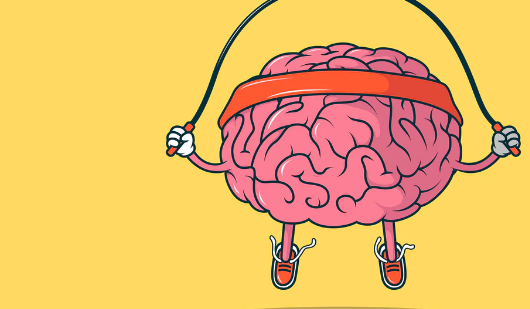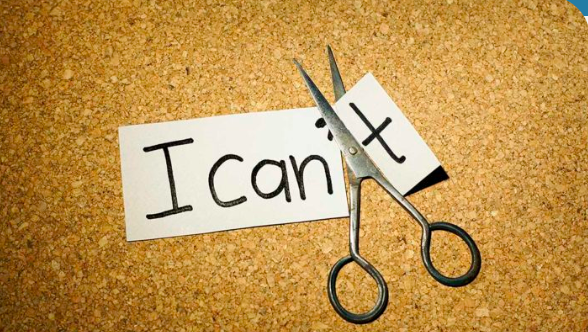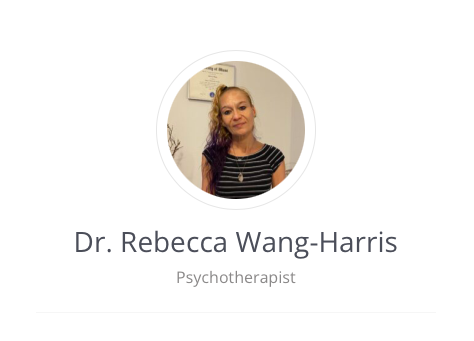Your unique sense of self has an ongoing and ever-changing formative tendency, which refers to an innate drive to progress from simpler to more complex forms over time, and a self-actualizing tendency, which refers to an innate drive to progress toward the fulfillment of your purpose and your potential in life. In 1890, William James described the “self” in the first psychology textbook, the Principles of Psychology, as a constantly changing entity consisting of three main parts: inner thought processes, the feelings which are aroused by particular thoughts, and the behaviors which are prompted by both one’s thoughts and the related feelings. In this blog post we will discuss human agency and its implications on self-defeating thoughts, and emotional triggers on general mental health.
James proposed that the “self” is multidimensional and that we may have many selves which are influenced by social groups and by individuals about who we most care. James was the first psychological theorist to emphasize the importance of understanding one’s present, or actual, selves and of clarifying one’s future, or ideal, selves. Many people seek therapy for anxiety and depression, which often correlates with low or unstable self-esteem. James regarded self-esteem as dependent upon a favorable relationship between one’s ideal self and one’s actual self. The good news is that we are capable of making conscious choices to bridge any gap which we may experience between these two aspects of the self. This is the amazing process of self-determination. Furthermore, as early as the first century B.C., Buddhist philosophy focused on one’s sense of “self” as a stream of thoughts which provides continuity of values, goals, and actions and which is largely responsible for one’s well-being and capacity for creating and maintaining meaningful relationships.
What is Human Agency in Symptom Relief?
When you experience chronic anxiety, self-defeating thoughts, and emotional triggers, you may eventually give up on finding relief because your anxious feelings seem unavoidable and untreatable. This perception of learned helplessness may become a vicious cycle, and you may believe that nothing can be done to ease these feelings. You may then fail to seek options for support and guidance, which then contributes to a greater sense of helplessness and anxiety, as well as a greater likelihood of procrastination toward important tasks and chronic feelings of shame and guilt. Fortunately, all humans, according to Albert Bandura, are equipped with the ability of human agency, which refers to a proactive commitment to actions that can create desired outcomes. Human agency also allows you to use foresight in setting goals, self-reactiveness in monitoring your progress toward fulfilling these goals, and self-reflectiveness in thinking about and evaluating your progress toward these goals. The following are some very valuable tools for using your human agency and for promoting the evolution of your “self” and insight into self-defeating thoughts.
Applying Human Agency to Day-to-Day Life
First, blaming others for your mistakes will get you nowhere. Instead, you can reflect on the moments which have caused you distress. These kinds of moments are there in everyone’s life. The point is to evaluate these events without wasting precious internal energy on blaming others and, instead, channeling your energy toward learning to recognize your emotional triggers and self-defeating thoughts from these events which you have allowed to control you. You will gain a strong sense of control over your thoughts and behaviors in practicing this skill. If you believe that you have the ability to shape your future, then you are allowing your true, higher self to evolve.
Secondly, whenever you feel trapped in a certain situation, you have the choice at any moment to directly confront your fear of the unknown and to brainstorm about and review different options for literally any area in your life—career, romantic relationships, family relationships, leisure activities, and physical health. This activity will ensure that you are not stuck. You will feel more in control of your life, even in situations which seem hopeless. When you avoid making significant choices, you are actually prolonging and fueling your own anxiety and self-defeating thoughts. By doing this, you will perceive yourself as a victim of other people and of random fate.
Third, respond mindfully to every situation, notice what you are doing, and compel your mind to transform your thoughts into actions. Don’t let your self-defeating thoughts cloud your actions. By practicing this mindfulness strategy, you can fully and humbly embrace your failures, mistakes, and setbacks. Furthermore, you are learning new ways to succeed in your life goals and are tapping into your true, higher sense of self. By doing this, you will learn to accept your perceived weaknesses or emotional challenges as pathways to greater strength and unshakeable wisdom. It is necessary on a daily basis to focus on what you can control and not on dwelling and stressing over what has already happened or on what “might” happen. When you focus on action and not on self-defeating thoughts, you are becoming “unstuck.”
Finally, affirmations, mantras, or prayers are not merely words. They have the power to change your self-defeating thoughts in the present and to create hope toward your future. They also have a direct effect on your mindset and your personality. They will enhance your ability to make choices and to move forward from past painful events and from others’ behaviors which you cannot control or fix. It is your own choice about how you want to feel. Focus on your self-statements when you are experiencing insecurity, anxiety, sadness, or emotional triggers. Optimistic and motivating self-statements can affect your mind significantly and have been found to be linked directly to your stress level. When you ruminate about negative thoughts, your true self energy is staying blocked, which prevents you from moving forward in your precious daily life moments. Your self is capable of constant evolution through consciously making your own cognitive and behavioral choices, which will certainly result in fewer depressive or anxiety-ridden episodes. You must view this new “you” as a process which will inevitably have setbacks and frustrations but which has endless opportunities for growth and self-validation.
- Blaming others for mistakes will not help; instead, evaluation of the events should take place to recognize emotional triggers and gain control over thoughts and behaviors.
- Not getting stuck by directly confronting fear of the unknown and brainstorming/reviewing options in all areas of life will bring a sense of control.
- Practicing mindfulness to transform thoughts into actions, embracing failures and setbacks, and focusing on what can be controlled will lead to an “unstuck” state.
- Affirmations, mantras, or prayers have the power to change self-perceptions, affect mindset/personality, and reduce stress levels.
- Self evolution is achievable through intentional cognitive/behavioural choices resulting in fewer depressive or anxiety-ridden episodes.





